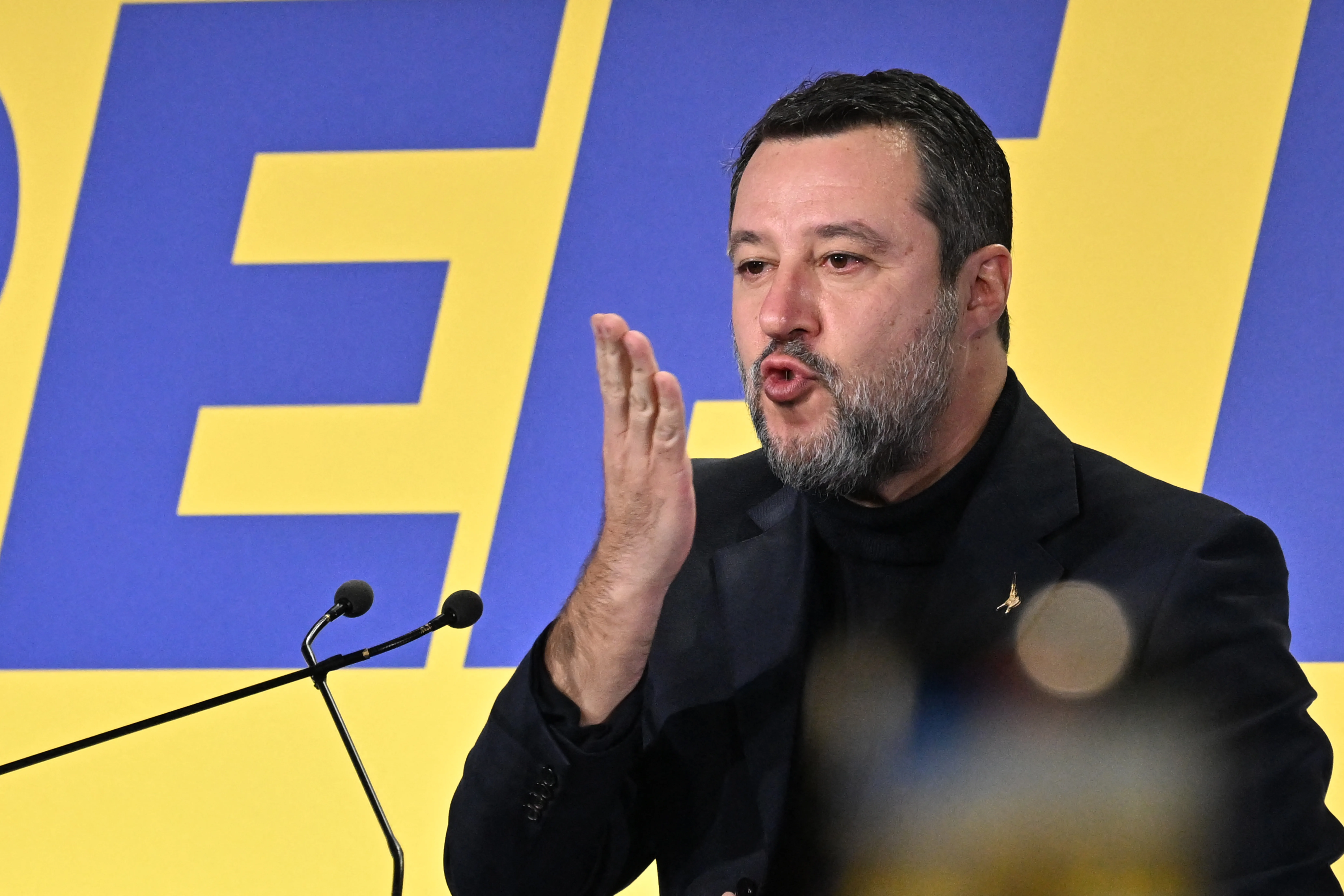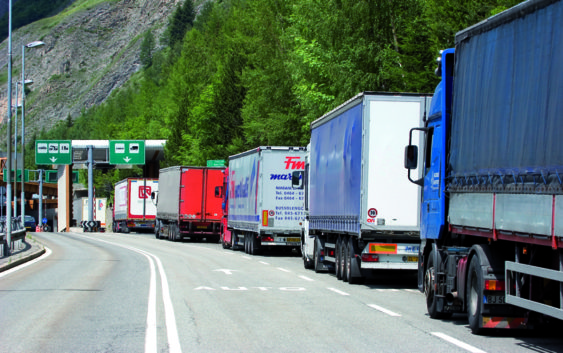Brussels – Matteo Salvini gloats. The crusade of the Deputy Prime Minister and Minister of Transport against Austrian traffic restrictions at the Brenner Pass gained decisive support. According to the European Commission, some of the measures implemented by Vienna restrict the free movement of goods and “lack consistency.” After the reasoned opinion from Brussels, the Italian Transport Ministry can now formalize the appeal to the EU Court of Justice with greater confidence.
The European Commission’s reasoned opinion to the response that Salvini triggered on Feb. 15 came on the last available day. According to the Articolo 259 of the Treaty on the Functioning of the European Union (TFUE), “any Member State may bring an action before the Court of Justice of the European Union if it considers that another Member State has failed to fulfill an obligation under the Treaties.” But before resorting to the Court in Luxembourg, States must turn to the European Commission, which has three months to rule on the case.
In the opinion adopted today, the EU executive also looks at additional bans — in addition to those already in place — on night traffic, sectoral traffic for certain goods with “rail affinity,” winter traffic on Saturdays, and rationing of heavy vehicles entering the freeway (known as “metering”), imposed by Austria at the Brenner Pass starting in the second half of 2023. Over 50 million tons of Italian goods per year bound for Germany pass through there.

After evaluating the written and oral comments of both Member States, and “while acknowledging some explanations put forward by Austria relating to environmental considerations,” the Commission considers that the Austrian measures “lack coherence” and cannot therefore be “justified in their entirety” on the basis of achieving their intended objectives: environmental protection, road safety, traffic fluidity, or security of supply.
Vienna’s position has been clear for some time: the freedom of movement guaranteed by the Treaties does not mean that goods must be transported by road. “We have capacity on rail. You are welcome to use it,” Austrian Transport Minister Leonore Gewessler declared last winter. But for Salvini, the Austrian move constituted “simply unfair Austrian competition against Italian, German, and continental European entrepreneurs and haulers.”
In this regard, the EU Commission pointed out that the restrictions imposed by Austria are “more likely to affect foreign companies than Austrian ones.” It was a victory across the board for Italy, except for its claim of “alleged lack of sincere cooperation” by Vienna. An accusation dismantled by the Commission, according to which Italy did not provide sufficient evidence. A detail that does not disturb the “great satisfaction” with which the Transport Ministry welcomed the Brussels opinion, which “thus demonstrates the soundness of the Italian government’s position” and the decision, “on strong input from Deputy-Premier Salvini, to take the judicial route after years of interlocutions aimed at finding a negotiated solution, frustrated by Austrian intransigence.””
Also claiming success is the League: “It is excellent news and the result of the work that the League’s delegation to the European Parliament has been carrying out for years in the Transport Committee, in the dialogue initiated with Commissioner Valean, in full agreement with the commitment of Transport Minister Salvini,” commented the head of the League’s delegation to the European Parliament Marco Campomenosi and League MEP Paolo Borchia, both members of the Transport Committee.
English version by the Translation Service of Withub




![Un campo coltivato [foto: imagoeconomica]](https://www.eunews.it/wp-content/uploads/2025/04/campo-coltivato-120x86.png)